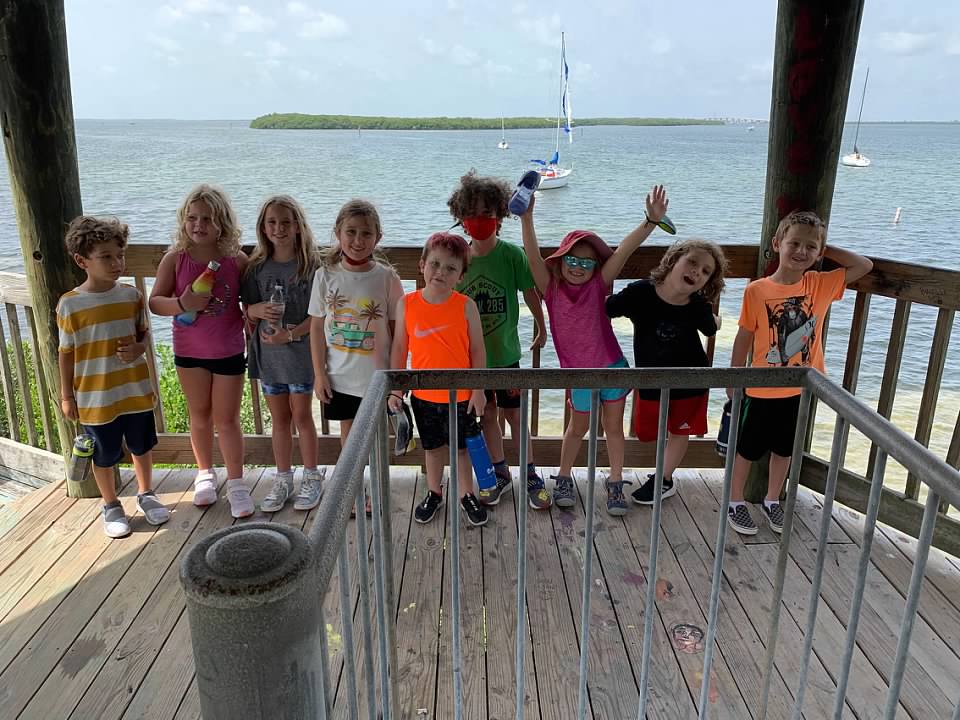Many years ago, I gave a math assessment to a class of 2nd graders. This was a routine progress monitoring test required by public school. Every second grade class had to take this test. The students in my class were from homes in which their basic needs were not being met. Some were hungry, some homeless and sadly, some were orphaned.
They were not ready to take this test.
The test was not developmentally appropriate for them, and yet, they still had to take it. While grading the tests, I came across an answer to a math problem that said “I hate you.” I was crushed. I took it personally. But the fact of the matter was that I was not providing these kids with what they needed. Not by any fault of my own, but it’s just how the system is set up.
These kids needed love, nurturing and emotional support. They needed personalized plans to learn. Perhaps if I was allowed to give these things to them and was given the freedom to teach in the way that I best saw fit, I would not have gotten that soul crushing “I hate you.” The questions were way outside of the things they could do on their own and outside of their zone of proximal development (as defined by Vygotsky). I provided the support that I was told to by the school and yet, the kids could not master this math.
As years passed and I moved schools, I found that this was not isolated to students who come from a low socioeconomic background, but too many students in public school from all backgrounds. I found my mundane, scripted curriculum was not engaging. I tried hard to make it my own and to tailor it to the kids, but there simply wasn’t any room or time for support in the day.
When I went to school to become a teacher, I imagined engaged students because they were creating, exploring and playing. I imagined writing lessons that were fun, meaningful and hands-on. I imagined getting messy, going on adventures and sharing stories.
Exploration is defined as the action of traveling in or through an unfamiliar area in order to learn about it. And Piaget states that children in the preoperational stage (ages 6-7) learn best through play.

Enter Indi-ED. Wow! My 6-8 year old students play, create and explore. They go out into the community to learn from experts. They get individualized learning opportunities. They get any and all emotional support. And I don’t teach to a test that may or may not be outside of their developmental abilities.






Are they learning? Of course they are! They have learned about Frank Lloyd Wright and made recreations of his famous stained glass. They have written and recorded a song while learning about melody and song structure. They have planted a vegetable garden and made a plant parts salad to deepen their knowledge of a plant’s life cycle and parts. They have learned what it means to be kind, positive and truly grateful through reading “Positive Dog” and journaling. They even got to exercise and learn about courage with a real olympic athlete. They are becoming little cartographers. Math, reading, social studies and science are incorporated into these experiences.
Plus, they LOVE school! These kids are the luckiest — I am the luckiest. Indi-ED allows them to be themselves and experience the real world. Every interaction with our community members and every collaboration with the older students at school is helping them to learn and grow. None of them are learning in exactly the same way or even the same thing. But they ARE learning and they are having FUN!
I think the days of “I hate you” as a test answer are over. Now I get, “this was the best day ever!”



OMG – reading this just gave me goose-bumps! I retired from Public School teaching in 2019 because I coudn’t stand what our Public School District (and state) were making us do to children. For over 20 years I had tried to bend the “rules” to allow for authentic learning and “play” but it was totally exhausting. I wish I had been able to do an Indi-Ed school during my time. It’s so WONDERFUL to see what you are doing. Keep up the great work.
Marie Branch